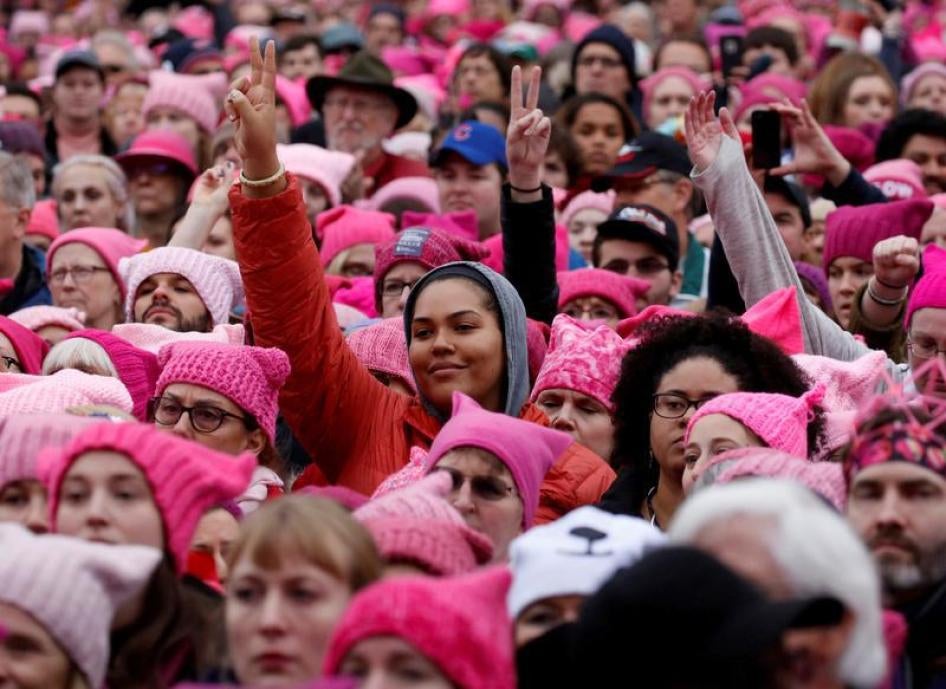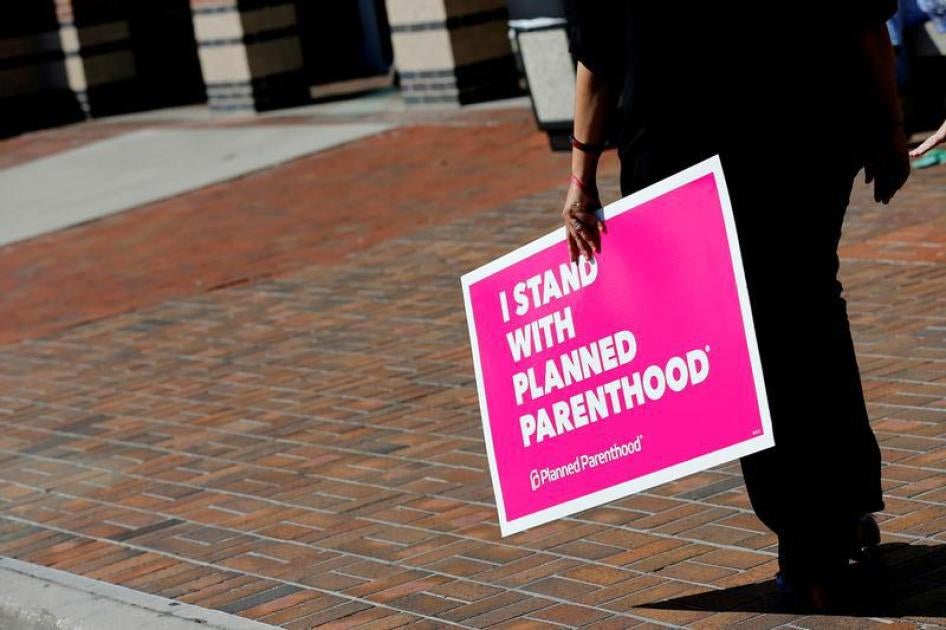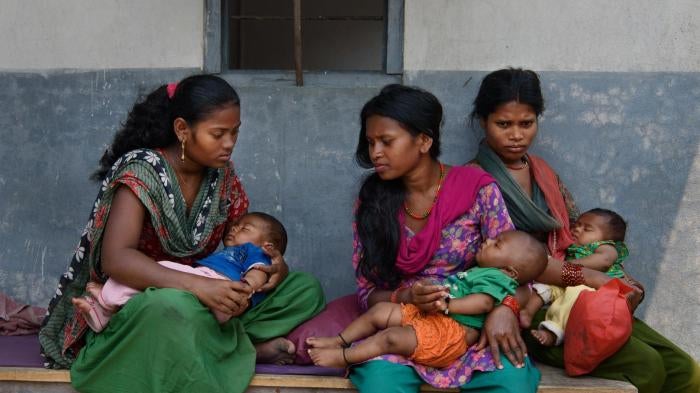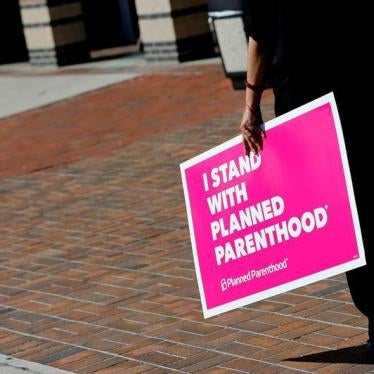Dozens of countries celebrate Mother’s Day on the same day as the United States, including countries as diverse as Cambodia, Kenya, Bangladesh, and Brazil. But this holiday to celebrate and thank mothers is also one to mark devastating news for global efforts to reduce maternal mortality in both the US and around the world. Maternal mortality refers to the number of women and girls dying due to complications from pregnancy and childbirth — often from avoidable causes.
The World Health Organization estimates that more than 800 women and girls die from complications due to pregnancy and childbirth each day, and it is the second leading cause of death for girls ages 15 to 19 globally. The US has troubling numbers too — it is one of the few countries where maternal deaths have gone up instead of down, and black women are three times more likely to die from pregnancy or childbirth complications than white women.
A few years back, I spent time in India for Human Rights Watch interviewing families that lost sisters, daughters, and wives in childbirth, and meeting young children who had lost their mothers. One of the most heartbreaking aspects of this is that most maternal deaths are preventable.
These tragedies can be avoided through access to family planning to prevent unplanned pregnancies, safe and legal abortion, prenatal care, skilled care during delivery, and timely emergency obstetric care to manage complications. These services are particularly important for adolescent girls, who have a higher risk of complications.
Instead of bolstering the accessibility and quality of such services, recent US policy moves threaten to push these lifesaving services out of reach. In the US, the House of Representatives recently passed a bill that would drop a legal requirement that all insurance plans cover prenatal visits, labor, and newborn care. Although this bill is unlikely to become law in its current form, it sends a terrifying message.
On April 13, President Donald Trump signed a law allowing states to restrict the health providers who receive federal grants for family planning — opening the door for states to block funds to Planned Parenthood, which provides health care to at least 2.5 million patients in some of the most marginalized communities.
The US government has traditionally played an instrumental role in making motherhood safer globally. Even though less than a cent of each taxpayer dollar goes to foreign aid, the US is the world’s largest donor to global health and helps keep moms and kids in countries around the world healthy and alive.
But over the last five months, the Trump administration has restricted or cut funding that would help prevent maternal deaths abroad and has proposed deep cuts for Congress to consider in its next budget.
The US withdrew funding from the UN Population Fund (UNFPA), a UN agency that fights maternal deaths in settings ravaged by poverty and conflict — for example Syria, Iraq, and South Sudan — by, among other methods, distributing delivery kits with basic supplies for a safe birth, including sterile gloves, a blanket, and soap.
President Trump also dramatically expanded the “Mexico City Policy” or “Global Gag Rule,” which strips foreign nongovernmental organizations of all US health funding if they use funds from non US sources to offer information about abortions, provide abortions, or advocate liberalizing abortion laws. US law already prohibits using US funds for abortion in foreign family planning assistance.
Unsafe abortion is one of the contributors to maternal deaths. The World Health Organization estimates at least 22,000 women die from abortion-related complications every year. Many of these women are already mothers, leaving their children motherless.
Many organizations affected by the Global Gag Rule are among the main or only providers of a range of key health services in under-resourced areas. As they lose funding, women will lose their lives during pregnancy or in the vulnerable period just after. Having access to information and contraception to delay or space pregnancies is one way to reduce maternal deaths in countries where the rates are high.
The Guttmacher Institute, a research and policy organization, analyzed the reach of US foreign assistance for family planning — $607.5 million in fiscal year 2017 — by country and region. They estimate these funds help 26 million women to receive contraceptive supplies. This aid makes it possible to help prevent 8 million unplanned pregnancies, 3.3 million abortions, and 15,000 maternal deaths. These funds are only a small fraction of the money restricted by the Global Gag Rule and the full impact for women’s health remains unclear.
Mother’s Day reminds us to cherish and appreciate mothers. That should include supporting policies and funds to make motherhood safer. There are preventable deaths of hundreds of women each day — Congress should embrace policies that help lower that number, instead of passing laws that could drive it even higher.
Nisha Varia is Women’s Rights Advocacy Director for Human Rights Watch. Follow her on Twitter here.











